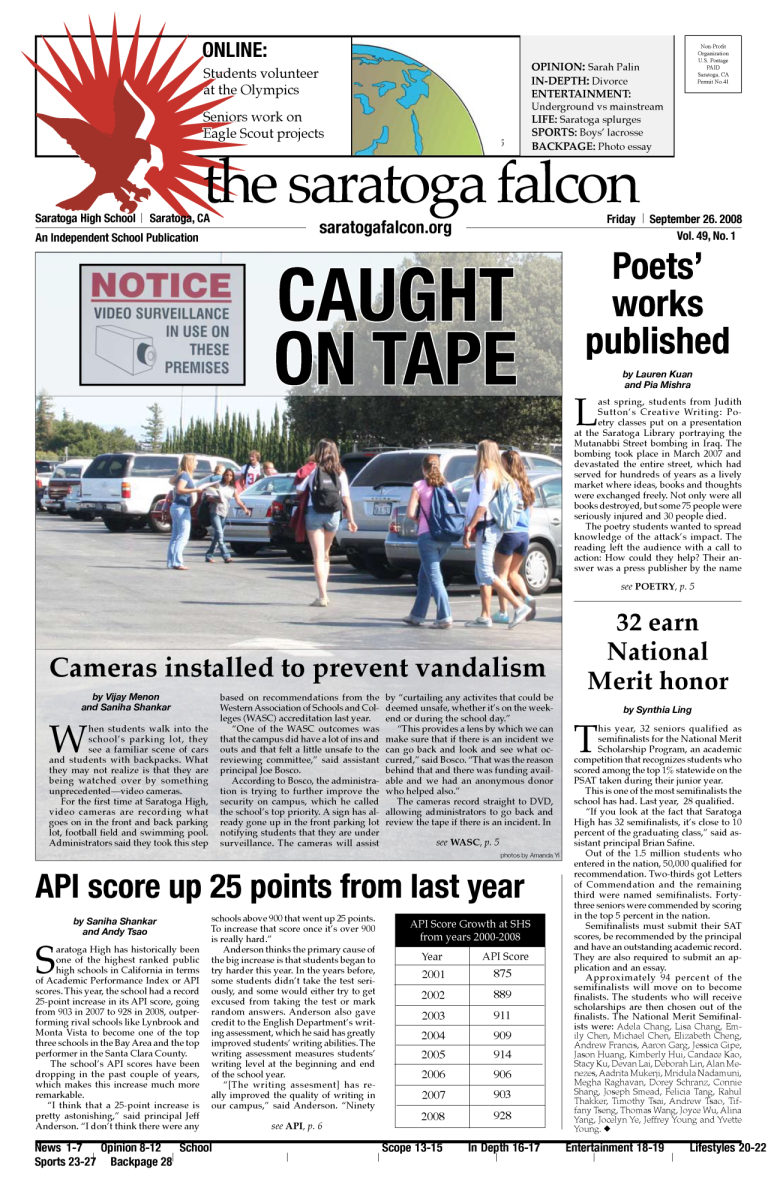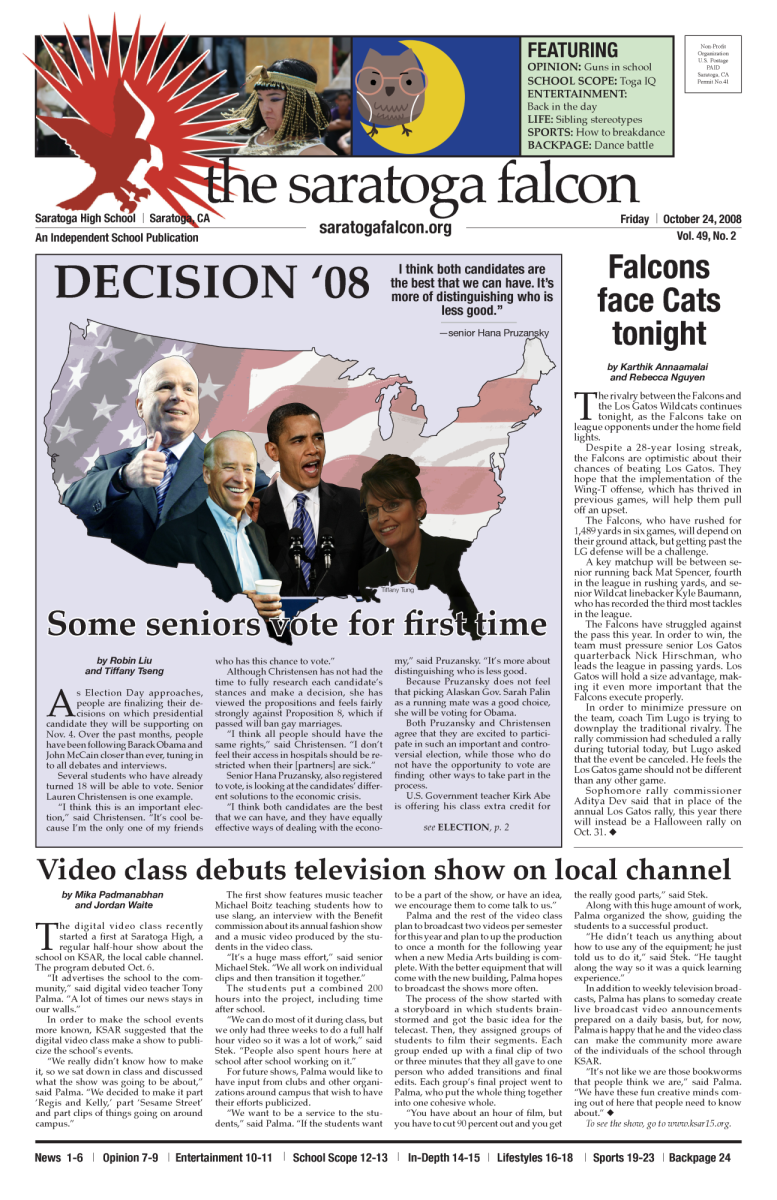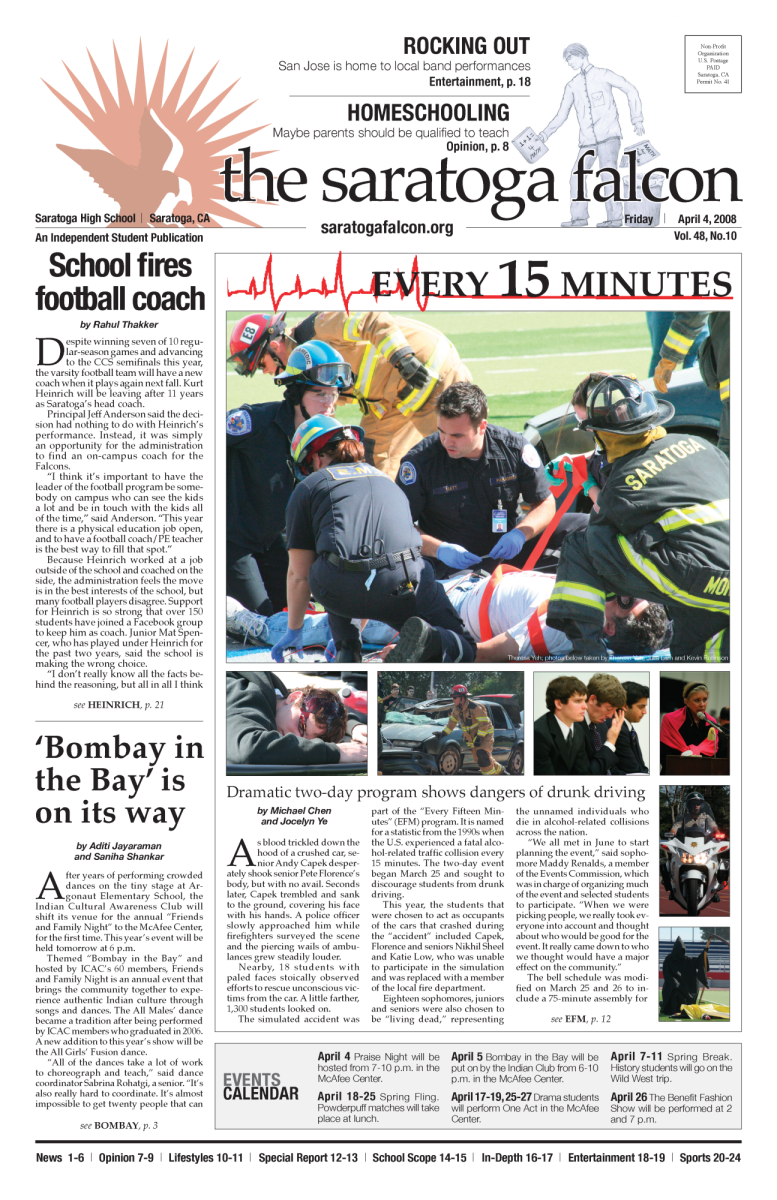With LeBron James and Richard Sherman in attendance on the set of HBO’s show The Shop, California Gov. Gavin Newsom signed the Fair Pay to Play Act on Sept. 27, an attempt to radically shift the power in college athletics to the athletes. Some see the bill as an outright defiance of the National Collegiate Athletic Association (NCAA), which has long championed its restrictions on college athletes earning money.
The NCAA immediately responded, labeling the bill unconstitutional and promising to see the state in court. The NCAA is notorious for excessively restricting their athletes, even regulating the size of envelopes schools can send recruits.
But the NCAA’s authoritarian regime has amassed far too much power, and the bill is a sign that states and athletes are willing to stand up to it. Ideally, it’s only the first step in awarding college athletes power over their own careers and futures.
Up to now, the status quo of college athletic finances has been largely unquestioned. USC’s athletics department generated $113.2 million in 2016-17. Only the elite players received scholarships of up to $125,000, while lesser-known players paid up to $70,000 to aid USC in their goal of generating profits.
The new bill doesn’t drastically upend this flawed system; there’s an important distinction between the act and cries to pay college athletes. Paying college athletes would encourage the NCAA or the universities themselves to directly pay athletes in exchange for their services.
In contrast, California’s bill allows college athletes to make money from their likeness, which opens the door for them to accept payment for endorsements such as advertisements and shoe deals.
The NCAA isn’t currently gaining any money from restricting their athletes’ opportunities, and they won’t lose any from complying with this new bill. They’ve even acknowledged that changes to their restrictions are necessary.
Given that the NCAA has no financial incentive to continuing their restrictions and has publicly supported change, it’s unclear why they so vehemently opposed this bill.
In a letter to Newsom, the NCAA stated their concerns and urged him to dismiss the bill. However, they failed to provide any valid or straightforward logic in their reasoning.
The NCAA warns that California would “eventually be unable to compete in NCAA competitions,” which is an empty threat. As Newsom pointed out, the NCAA can’t afford to let California schools’ vast profits and media popularity across the nation slip away.
Furthermore, simply allowing athletes to profit off their likeness doesn’t get anywhere close to “[erasing] the critical distinction between college and professional athletics,” as the NCAA claims. College athletes aren’t being paid for playing sports; they’re profiting off their popularity and prominent voice in the community.
The NCAA is OK with change as long as it follows their agenda, a philosophy they’ve followed for decades. The bill is a rare win-win for both parties, where the NCAA loses absolutely nothing and the athletes have everything to gain.
But the NCAA refuses to acquiesce, all because they think it’s their job to provide a moral compass for their athletes and regulate their lives. It’s not. They’re a billion-dollar sports organization, not a parental figure that should be determining their athletes’ opportunities.
The conflict is far from over. Numerous states are following California’s lead. New York and South Carolina are pushing for schools to set aside more money for college athletes, while Florida lawmakers want a similar bill by April 2020.
As the conflict grows, it’s increasingly likely that the NCAA will be forced to give in to the pressure. In the meantime, the Fair Pay to Play act is only the start in knocking down the NCAA’s financial dominance and exploitation.



























